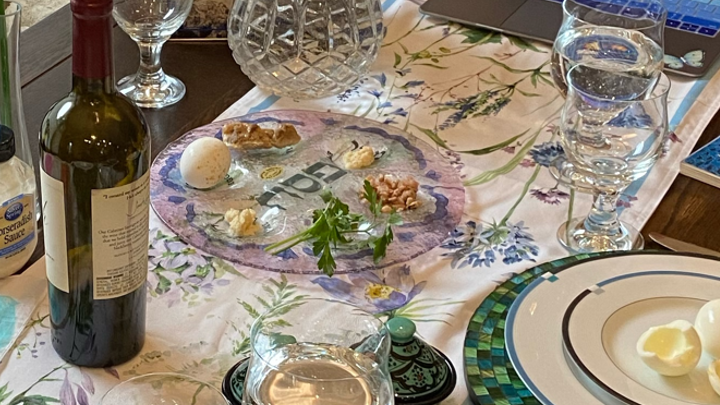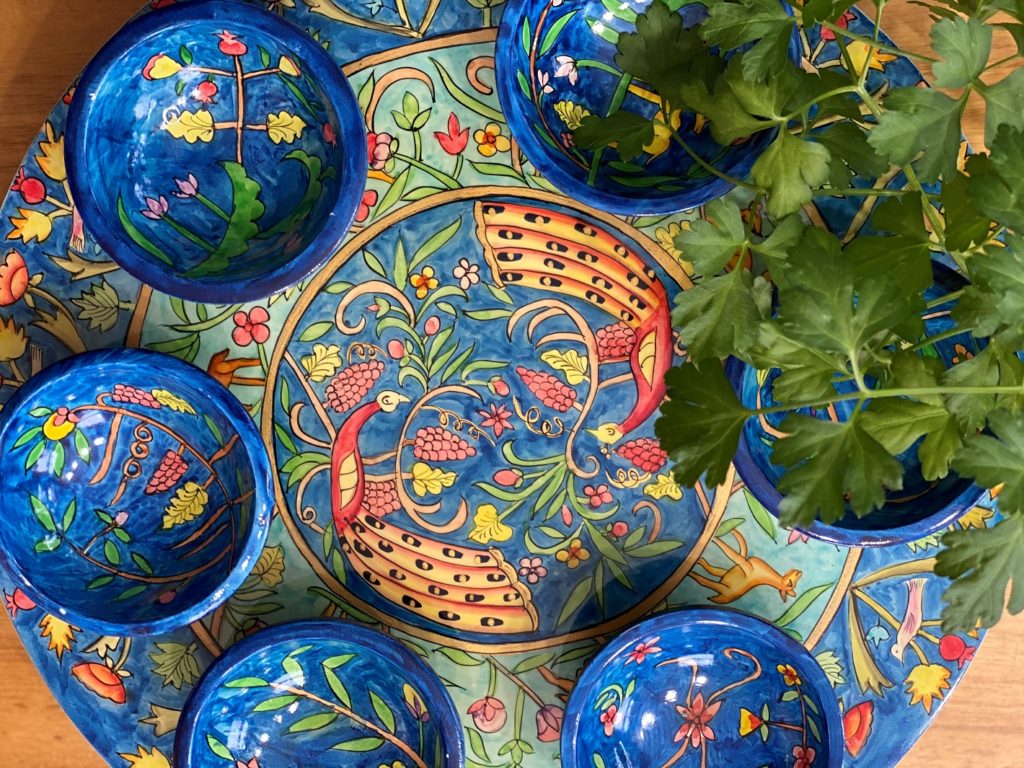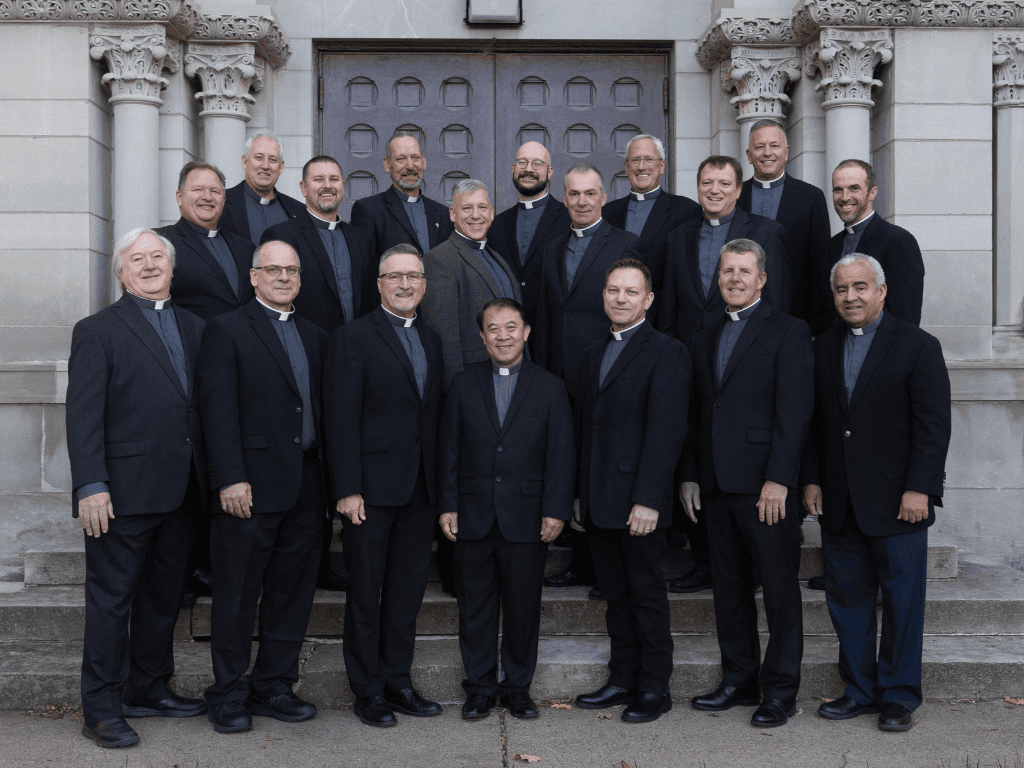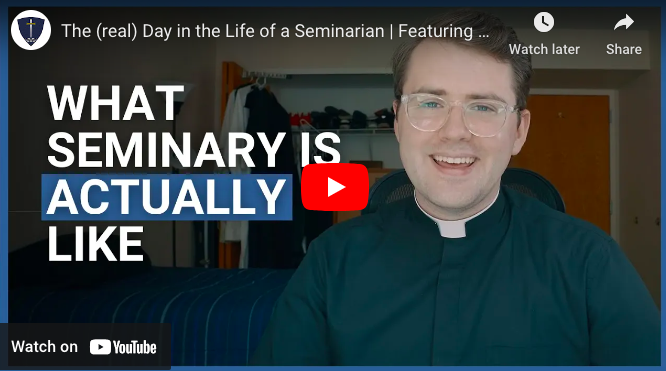As many Christians prepare to observe the end of Holy Week and Easter, Jewish people are readying to celebrate the festival of Passover.
Passover commemorates the exodus of the Israelites from slavery in Egypt. Beginning at sunset on Friday, April 15, and ending at nightfall on Saturday, April 23, the holiday is often celebrated with family and special meals at home.
Father Chris Collins '93, SJ, vice president for mission at the University of St. Thomas, sat down with Rabbi Avi Olitzky, one of the university chaplains, to discuss the meaning of Passover and its origins.

“Passover as a Jewish festival is one of the few festivals that is celebrated in real time,” Olitzky said. “There are two pinnacle moments in the Exodus narrative that the holiday itself observes and celebrates. The first night coincides chronologically with the 10th or final plague. And the end of Passover coincides with the crossing of the sea.”
During this special time, families usually come together to hold a ceremonial feast on the first night of the holiday. Called the Passover Seder, this meal helps retell the story of the ancient Israelites as they escaped slavery in Egypt.
“One of the most important pieces about Passover is that … it is so much of a home festival,” Olitzky said. “If you think about the actual exodus, the home became the sacred space … it became about gathering with your neighbors, gathering with the community.”
Other customs traditionally include refraining from eating leavened bread, abstaining from work or driving, and attending synagogue services with special readings for the holiday.







